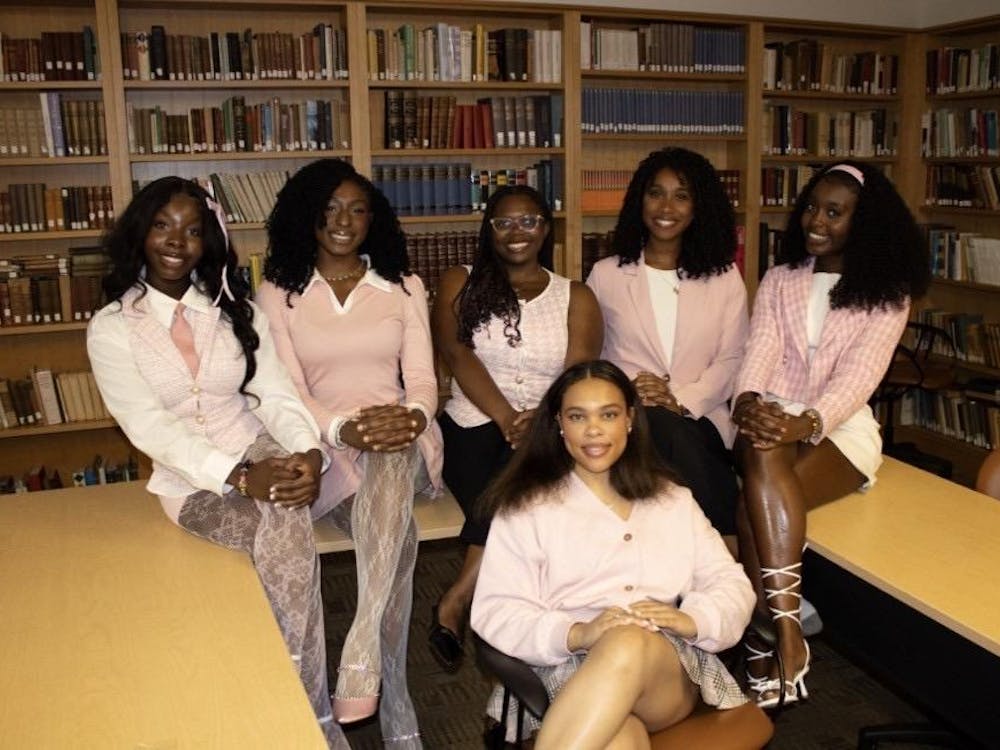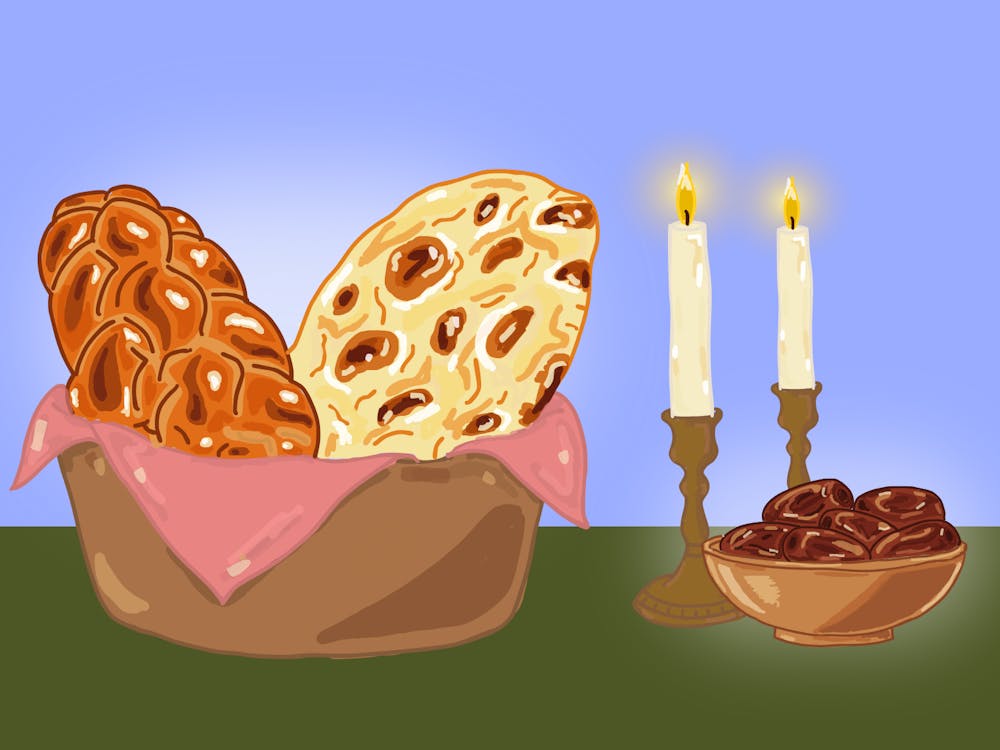They say the best things in life are free, but even charity has a price: programs must be funded, salaries must be paid. Even the most noble of causes struggle to raise money needed to sustain themselves.
Last semester, the Young Women Leaders Program at the University of Virginia Women's Center received assistance in its mission in the form of a $500,000 grant from the United States Department of Education.
According to Education Prof. Edith "Winx" Lawrence, a clinical psychologist, this grant is awarded every three years to about 100 charitable organizations. The YWLP, a mentoring program for middle school girls, receives annual funding but is also supported significantly by foundational grants and private donations, according to Lawrence, co-founder and co-director of the program.
The YWLP was founded 11 years ago as a way for college women to mentor middle school girls deemed at-risk academically, socially or behaviorally by their schools' teachers or guidance counselors. The one-year program involves a two-step approach through which women from the University are paired with these adolescent girls. To provide the best opportunities for the young participants, the program's objectives are twofold: to remedy personal barriers the girls face at home and at school and to teach the participants how to become leaders in their communities.
Lawrence said the grant from the Department of Education will help the program achieve several of its short- and long-term goals, including expanding relationships with sister organizations. The program also will be able to augment the amount of training college participants receive and increase the number of young participants that the program can accommodate per year from 40 to 80.
The YWLP has other changes in the works, too, including expanding the period of time college women serve as "big sisters" from one year to two years, allowing young participants to receive guidance from their mentors during the year of transition into high school.
The young participants will also focus on weekly discussions about self esteem, body image, academic achievement and social relationships, an aspect of the program 12 year-old Sequoia Fisher said is her favorite. An eighth-grade student at Jackson P. Burley Middle School in Charlottesville, Sequoia joined the program in September 2007.
Third-year College student Jen Cano said University YWLP participants were happy to hear about the recent grant because of how it will affect YWLP activities.
"More money means helping more girls or getting to do more activities that will make the existing relationships even stronger," Cano said. "I know I was very pleased."
Cano, who is leading a mentoring group this year, said some of the funding will support activities in which the entire YWLP program participates, such as ice skating and Pancakes for Parkinson's.
"These activities allow the little sisters to feel like they are a part of this huge YWLP community, which is empowering," she said.
Sequoia said YWLP has taught her how to be a better leader and a better person.
"I have learned to believe what you feel inside and not what others think about you," Sequoia said.
The personal growth girls such as Sequoia experience through the YWLP inspires them to affect their communities. This semester, the girls and their mentors will complete a Legacy Project in which participants and their mentors will identify an issue of concern at participants' middle schools and develop a plan to address it. They will also complete a joint community service project.
Since the program's inception in 1997, 969 undergraduate women, 55 graduate women and 944 middle school girls have participated, with noticeable results.
According to the YWLP's survey of 107 program participants, the girls who were once labeled as at a "crossroads academically, socially and behaviorally" experienced significant improvements in the way they did their schoolwork, behaved in school, dealt with problems, saw their bodies, interacted with their parents and teachers and thought about their futures. Seventy-six percent saw a positive change in the way they supported their friends, and 73 percent saw a positive change in the way they dealt with their problems.
So while even charity may come with a cost, it seems to be paying off.






